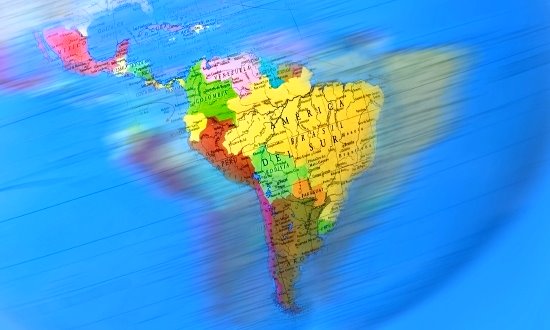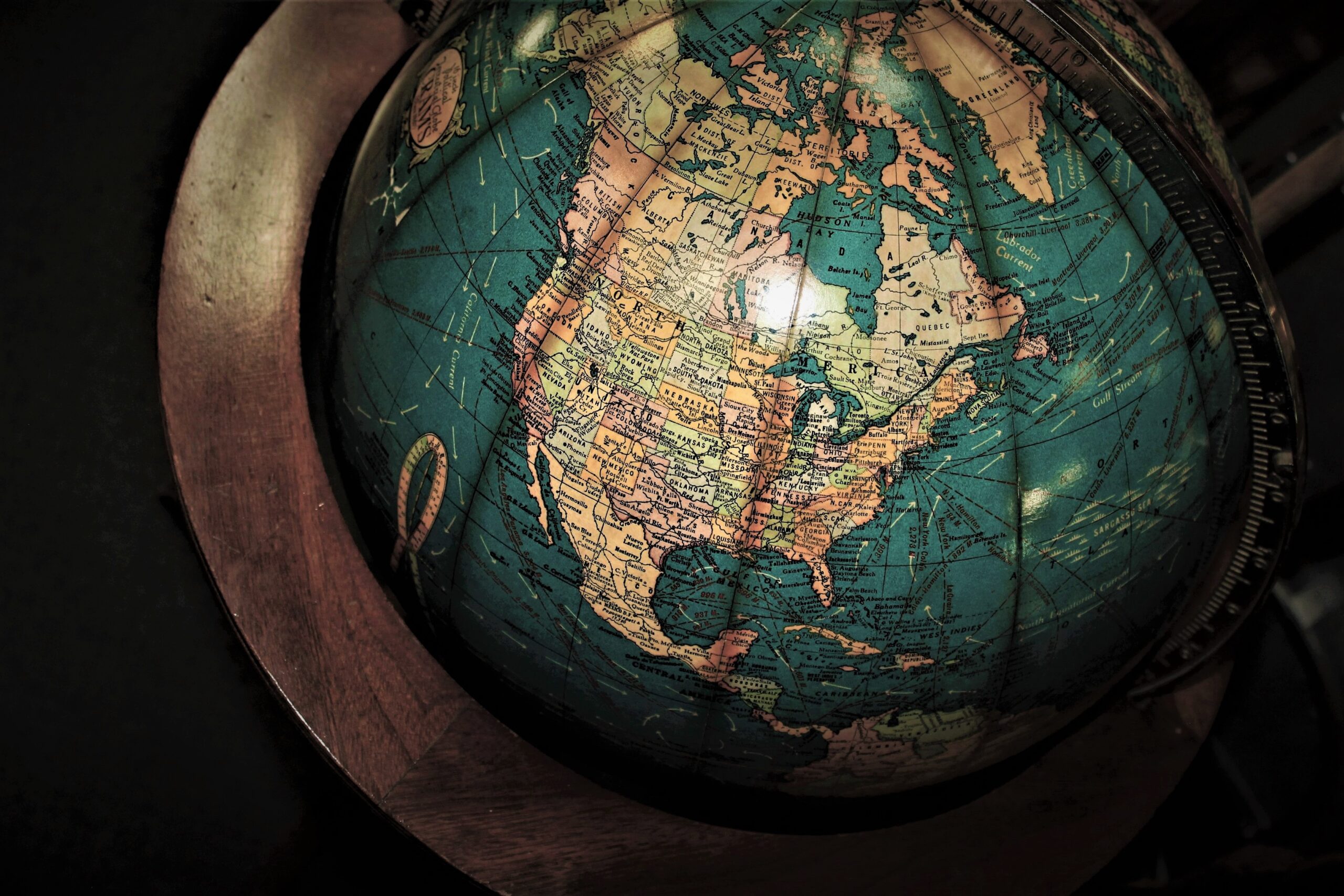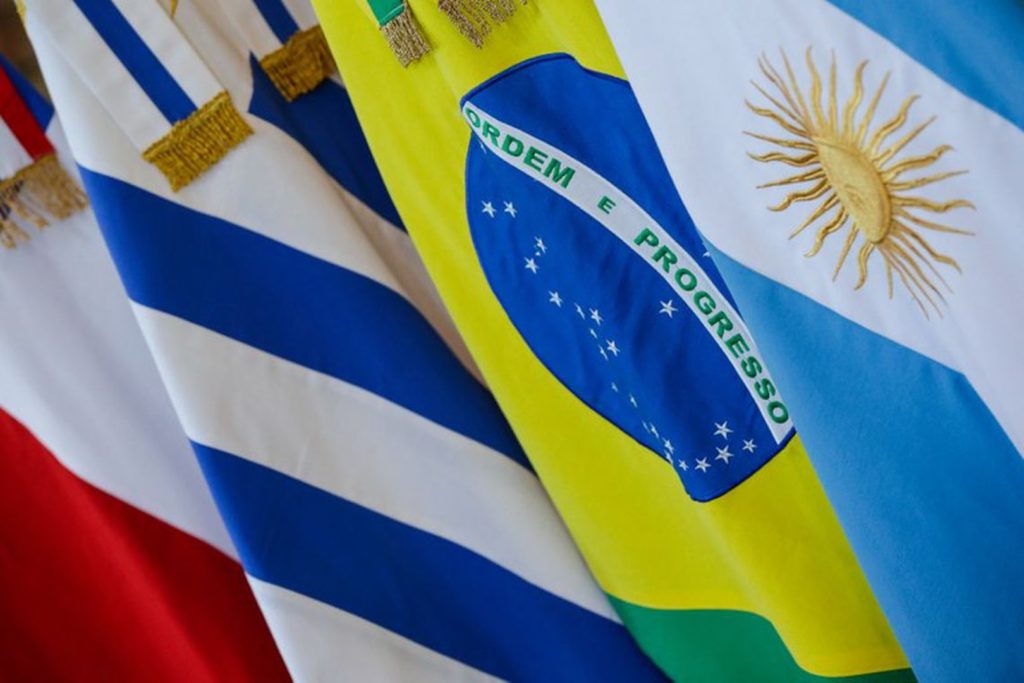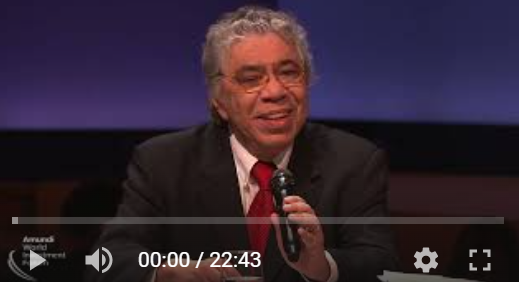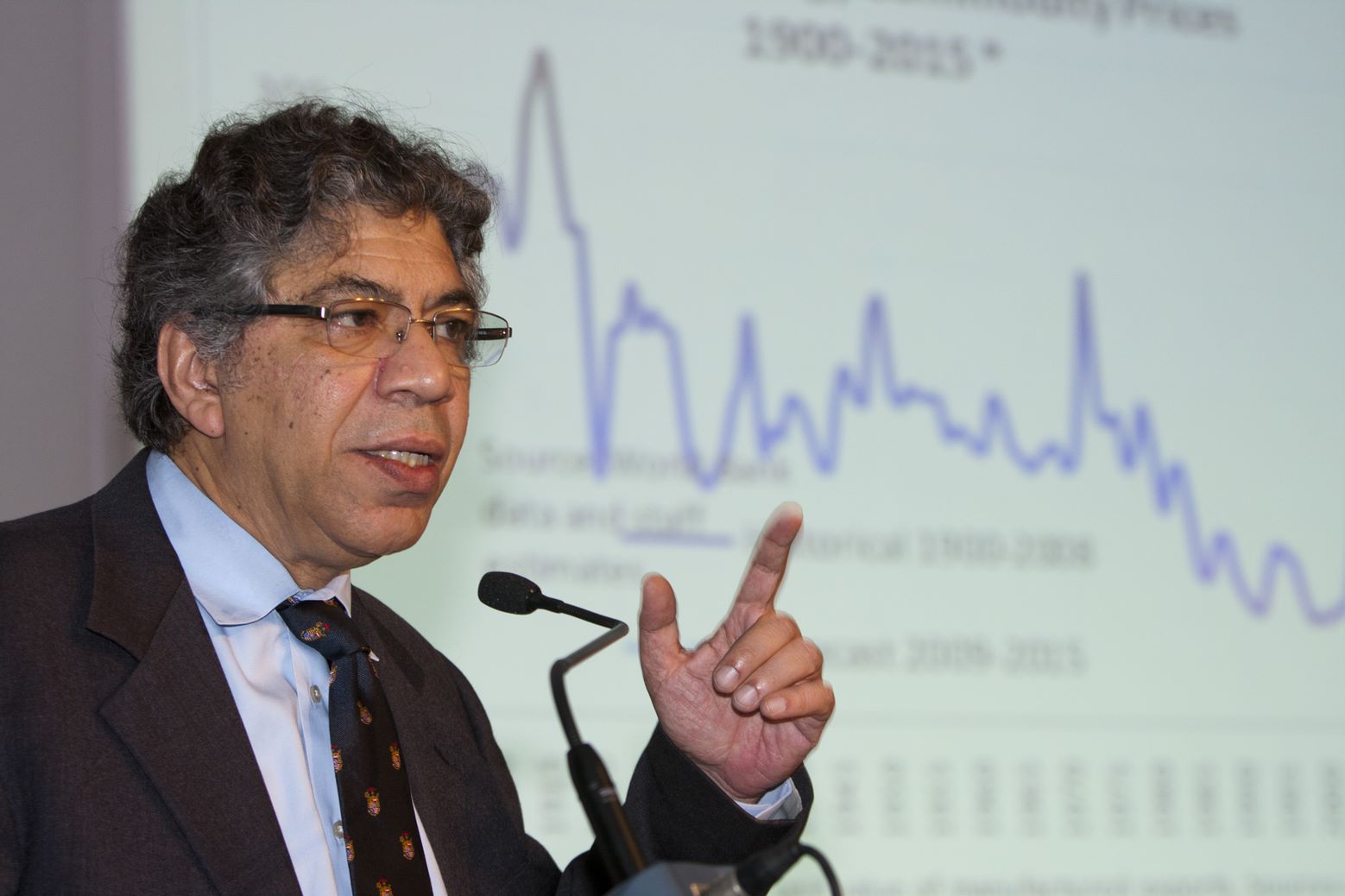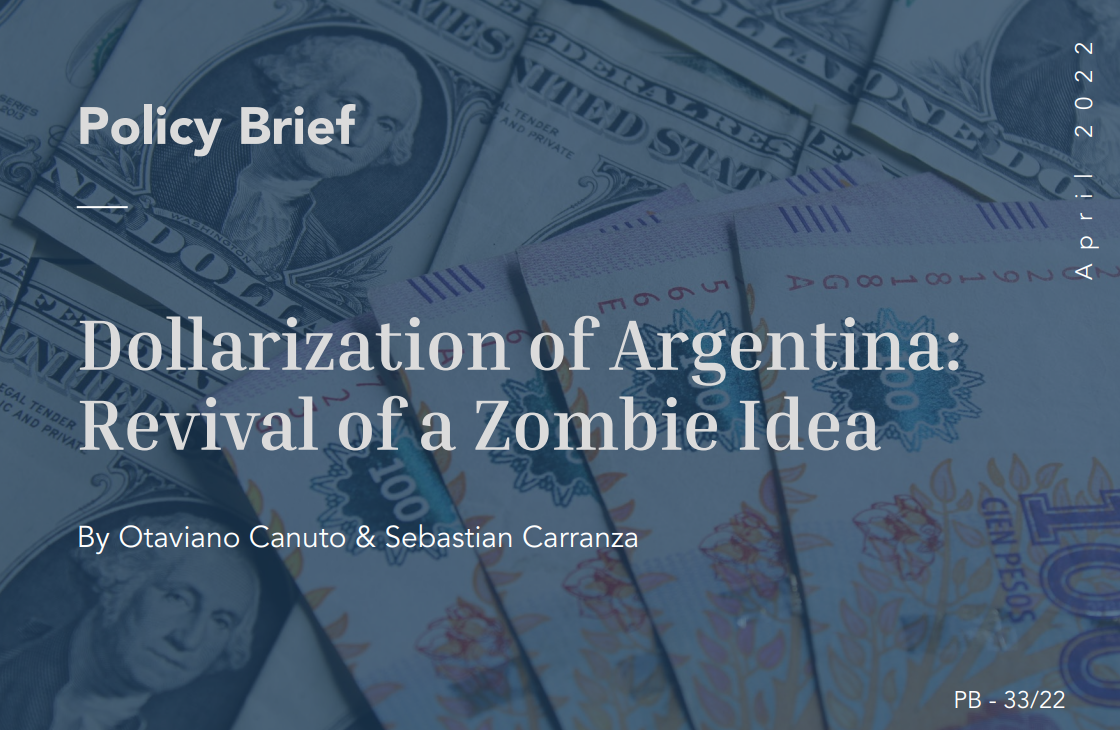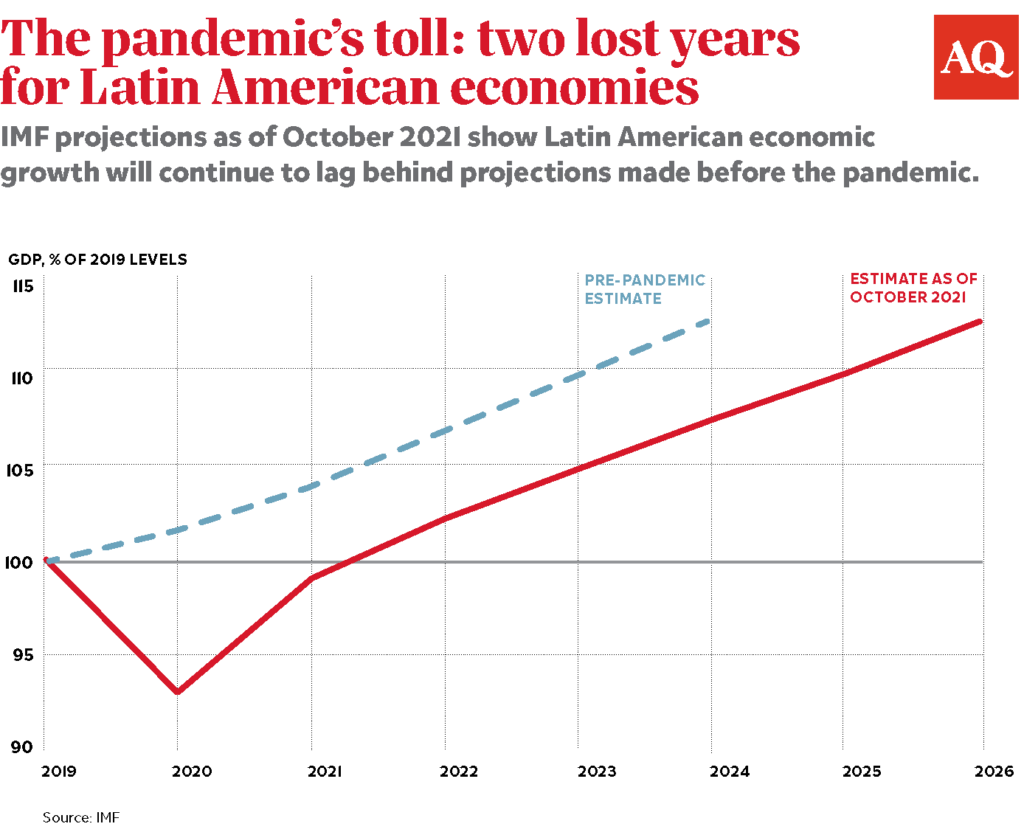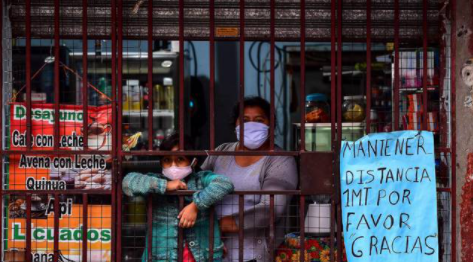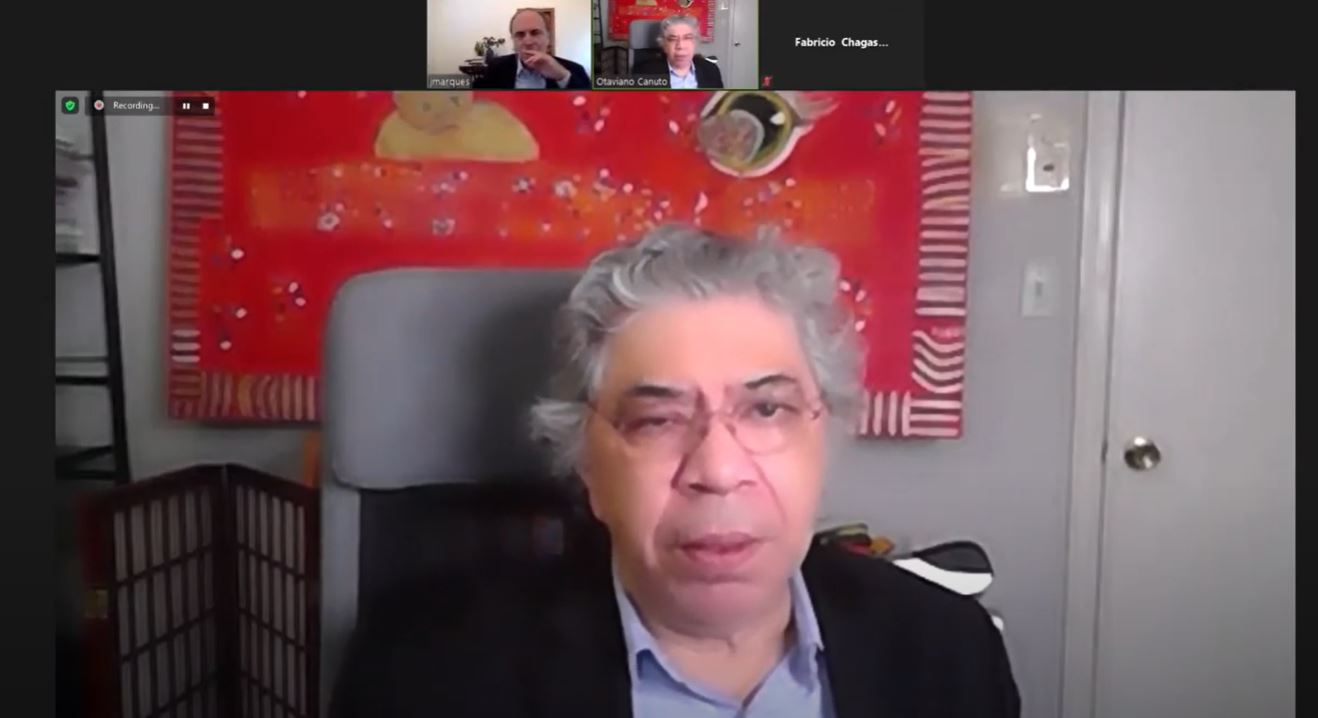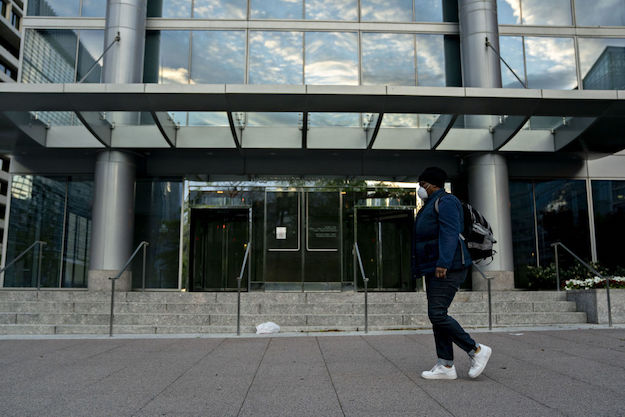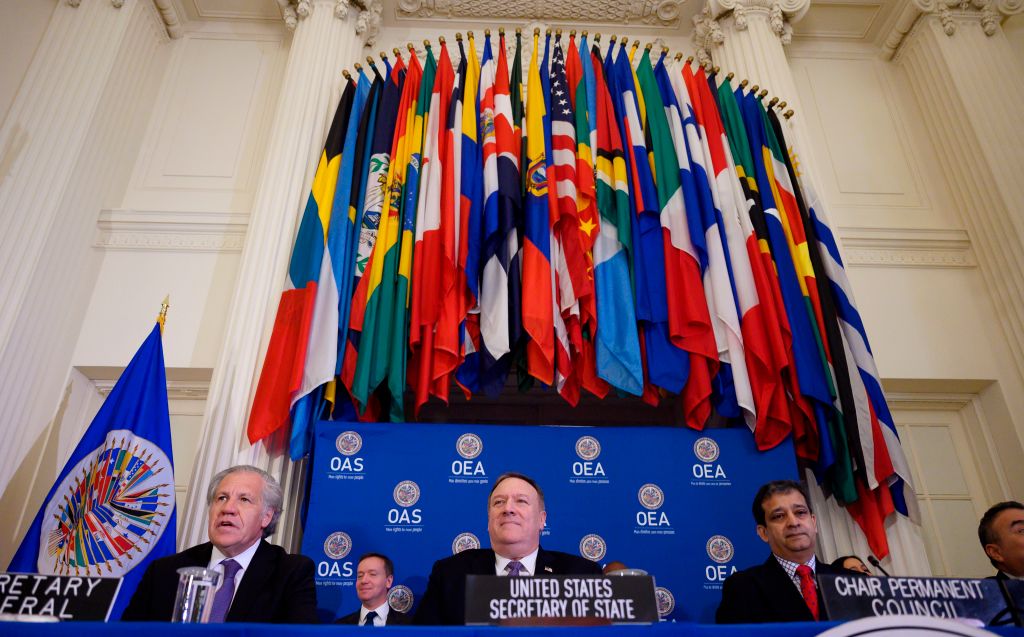Latin America and the multilateral world — Otaviano Canuto
Today's episode with Otaviano Canuto (ex World Bank, IMF, IDB) covers the current state of the region's economy, the role of multilateral organizations, Brazil's economic prospects and the post-COVID scenario for Latin America.
-------------------
Macroeconomic Policies in times of COVID-19 in Emerging Markets: Early Lessons
Moderator: Andrés Schipani, East and Central Africa Correspondent, Financial Times
Speakers:
- Otaviano Canuto, Senior Fellow, Policy Center for the New South
- Karim El Aynaoui, President, Policy Center for the New South, Dean, Faculty of Governance, Economics and Social Sciences, Mohammed VI Polytechnic University
- Célestin Monga, Professor of Public Policy, Harvard Kennedy School

